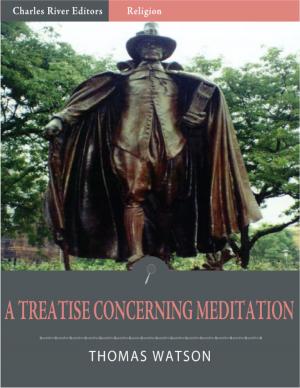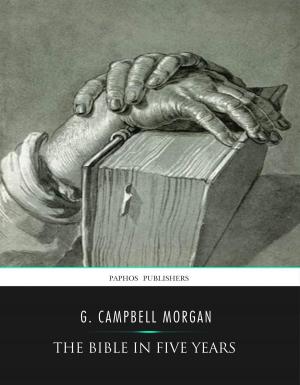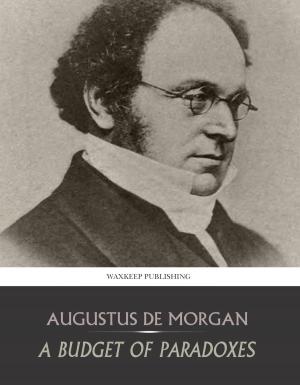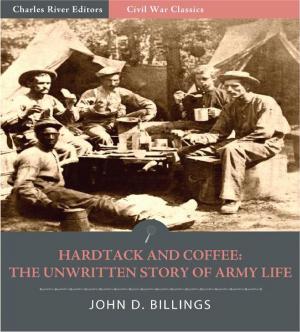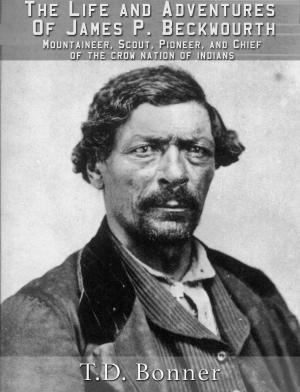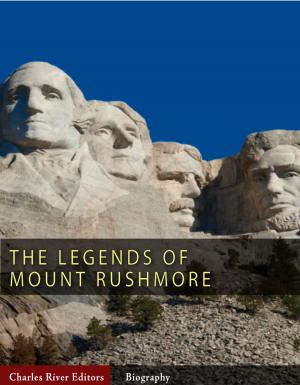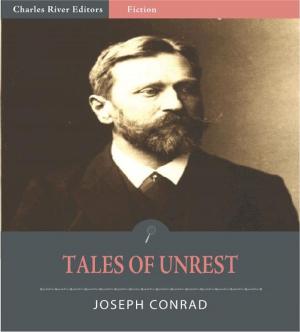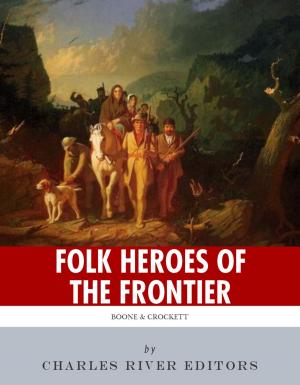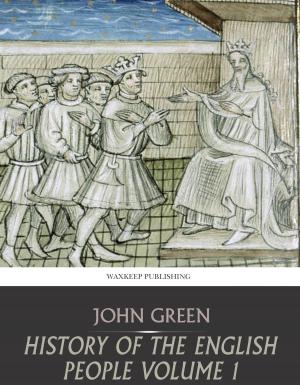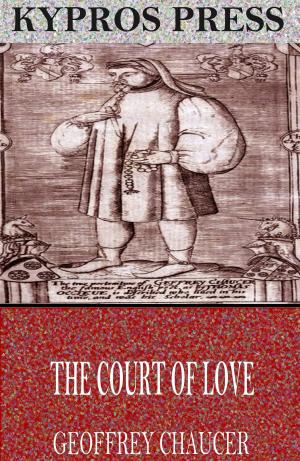Official Records of the Union and Confederate Armies: General John Gordons Account of Gettysburg and the Pennsylvania Campaign
Nonfiction, History, Americas, United States, Civil War Period (1850-1877), 19th Century, Military| Author: | John Gordon | ISBN: | 9781619825826 |
| Publisher: | Charles River Editors | Publication: | February 15, 2012 |
| Imprint: | Language: | English |
| Author: | John Gordon |
| ISBN: | 9781619825826 |
| Publisher: | Charles River Editors |
| Publication: | February 15, 2012 |
| Imprint: | |
| Language: | English |
John Brown Gordon (1832-1904) was one of the Souths biggest firebrands, and he fought like it, displaying personal courage and toughness unmatched by most of the Souths fighters. The result was multiple wounds at places like the Seven Days Battles, and most notably at Antietam, where he was hit 4 times and continued to fight until a bullet slammed him in the face, passing through his cheek and out his jaw. Gordon would have likely drowned in his own blood if it had not drained out through a bullet hole in his cap. Lee described Gordon to Jefferson Davis as "characterized by splendid audacity. The same qualities that made Gordon a ferocious leader throughout the war also made him an ardent opponent of the Reconstruction and a feisty writer. Gordon had been in the thick of almost every famous battle in the Eastern theater, making him a great source. Gordons memoirs, Reminiscences of the Civil War, also tell soldierly anecdotes, the most famous of them being the way in which he aided Union division commander Barlow during Day 1 at Gettysburg. Like most memoirs, Gordons was self-serving, and historians dispute some of his claims (such as being promoted to Lieutenant General, the highest military title in the Confederate armies). Nevertheless, Reminiscences is a spellbinding account of the Civil War told by one of its toughest fighters. After the Pennsylvania Campaign, Gordon wrote an account of the Battle of Gettysburg and the campaign that became part of The War of the Rebellion: Official Records of the Union and Confederate Armies. Gordons account has none of the color of his memoirs, and it focuses mostly on his brigades actions during Day 1. This edition of his account of the Battle of Gettysburg and the Pennsylvania Campaign includes pictures of the important commanders of the battle.
John Brown Gordon (1832-1904) was one of the Souths biggest firebrands, and he fought like it, displaying personal courage and toughness unmatched by most of the Souths fighters. The result was multiple wounds at places like the Seven Days Battles, and most notably at Antietam, where he was hit 4 times and continued to fight until a bullet slammed him in the face, passing through his cheek and out his jaw. Gordon would have likely drowned in his own blood if it had not drained out through a bullet hole in his cap. Lee described Gordon to Jefferson Davis as "characterized by splendid audacity. The same qualities that made Gordon a ferocious leader throughout the war also made him an ardent opponent of the Reconstruction and a feisty writer. Gordon had been in the thick of almost every famous battle in the Eastern theater, making him a great source. Gordons memoirs, Reminiscences of the Civil War, also tell soldierly anecdotes, the most famous of them being the way in which he aided Union division commander Barlow during Day 1 at Gettysburg. Like most memoirs, Gordons was self-serving, and historians dispute some of his claims (such as being promoted to Lieutenant General, the highest military title in the Confederate armies). Nevertheless, Reminiscences is a spellbinding account of the Civil War told by one of its toughest fighters. After the Pennsylvania Campaign, Gordon wrote an account of the Battle of Gettysburg and the campaign that became part of The War of the Rebellion: Official Records of the Union and Confederate Armies. Gordons account has none of the color of his memoirs, and it focuses mostly on his brigades actions during Day 1. This edition of his account of the Battle of Gettysburg and the Pennsylvania Campaign includes pictures of the important commanders of the battle.

